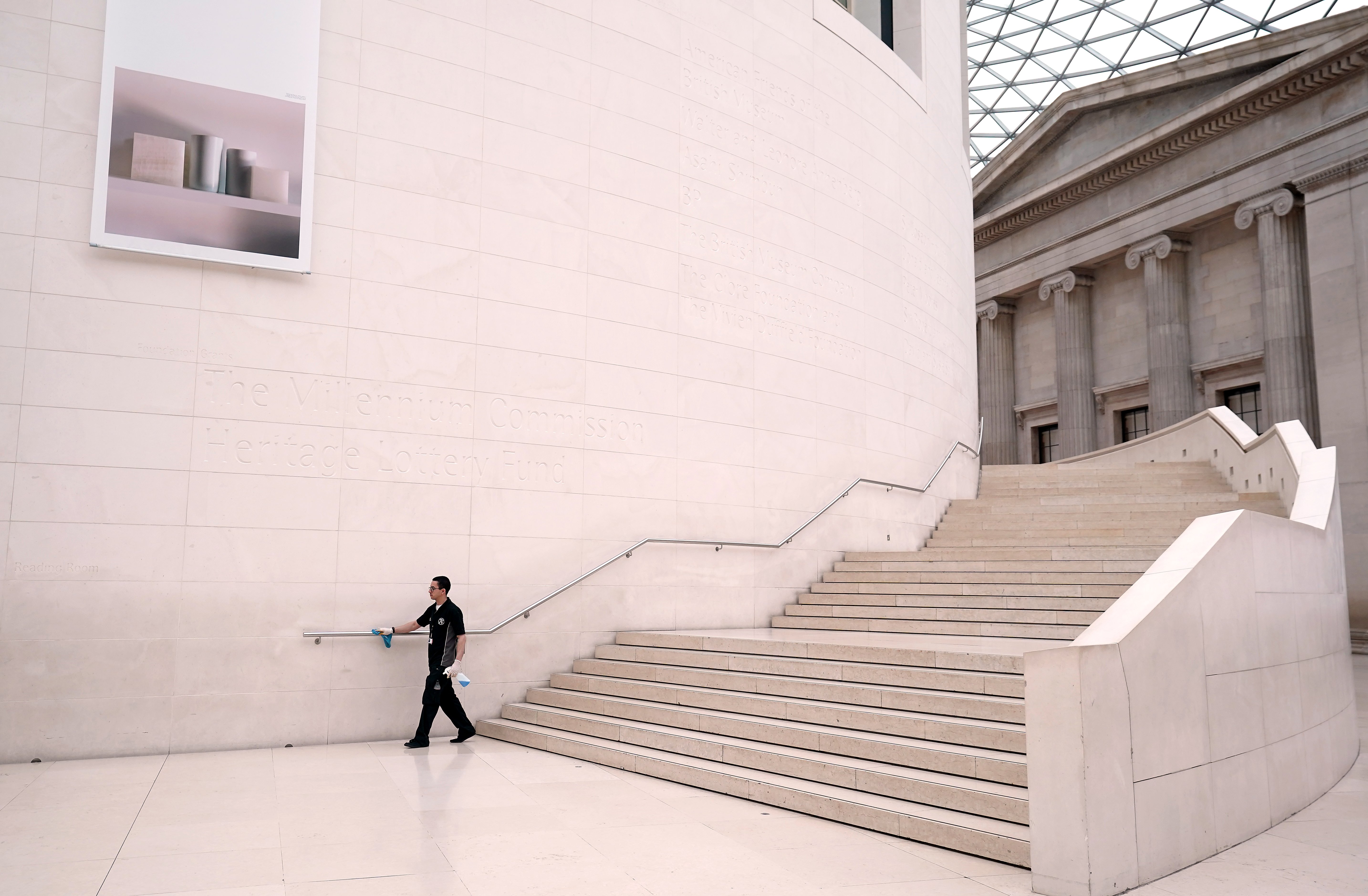
The International Council of Museums has issued a follow-up report to a startling survey in May that suggested that nearly 13 percent of museums around the world could close permanently because of the pandemic.
The report issued this week, which gathered responses from nearly 900 museums around the world between September 7 and October 18, offers more hope than the bleak takeaways from its survey in the spring. It shows that the COVID-19 pandemic is still greatly impacting institutions, with more than half of the participants predicting that their institution will have to operate with reduced programming. On the brighter side, just 6.1 percent now believe that their institution will have to close permanently.
While the statistics are hardly cause for celebration, they reflect that the situation for museums around the world might not be as bad as initially feared. Nevertheless, a statement from ICOM accompanying the report reiterates its calls on policy-makers to “urgently allocate relief funds to assist museums” so that they can continue their public service missions. More than half of surveyed institutions said they received no rent breaks, emergency funding, or compensations for losses or staff salaries.
ICOM’s latest report found the severity of the situation to be much more variable depending on where museums were located around the world, as most museums in Europe and Asia had reopened, whereas most institutions in Latin America, the Caribbean, and a mixture of other regions remained closed. While the results of the second survey are encouraging, they must be looked at with one important caveat. Shortly after the survey closed in October, many European institutions entered a second period of lockdown amid a second wave of the virus.
Employment situations at institutions remain precarious, with more than 16.2 percent stating that at least a quarter of the staff had been laid off or furloughed since February. In 10.6 percent of cases, that figure rises to reach more than half of staff.
When it comes to freelance museum workers, 10.7 percent said they had been temporarily laid off, and 16 percent had not had their contracts renewed. While these are stark figures, they actually represent an improvement from the situation in the spring, when 16.1 percent reported being temporarily laid off and 22.6 percent did not have their contracts renewed. Still, around 27.5 percent of freelance museum professionals reported in the new survey that they are considering a career change.
In the broad picture, nearly all museums said they will have to reduce their resources and activities as a result of the pandemic, with just over 30 percent saying they will downsize permanent staff, and 46.1 percent saying they will be cutting back on freelance and temporary contracts.
“The recovery of our economies and the healing process for our societies after the COVID-19 crisis will be long and complex,” added ICOM in its accompanying statement, stressing that museums “will have an important role to play in rebuilding the local economy and repairing the social fabric of affected communities.”